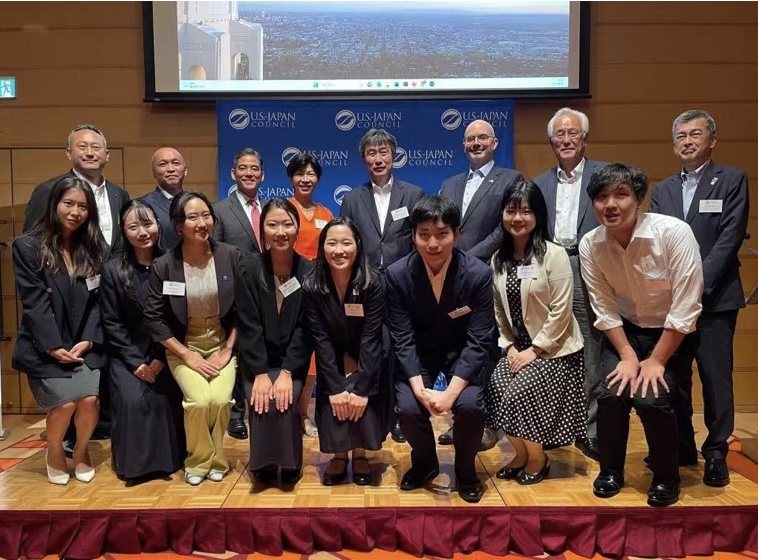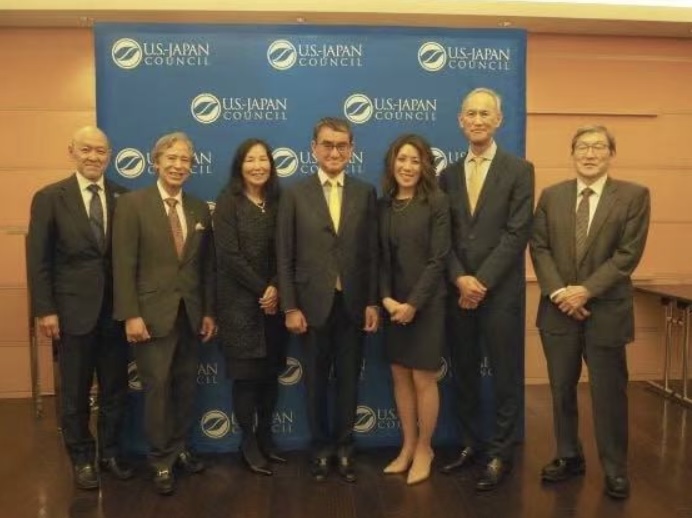Jul 22 (News On Japan) - Cook Pine Capital LLC, an international boutique asset management company headquartered in Connecticut, USA, announced today that it has reached a strategic cooperation with Goldman Sachs, led by its co-founder and president Eiichiro Kuwana to deeply share the smart trading share and data resources in the Japanese market.

According to the agreement, Goldman Sachs will open up some of its quantitative position building data, thematic rotation analysis systems and programmed trading interfaces in the local Japanese market. Cook Pine Capital will participate in the execution through Japanese legal entities as a registered investment advisor in Japan to serve a wider range of compliant retail markets. The goal is to extend the "institutional-level trading perspective" to the mid- to long-term individual investor group, and to enhance the fairness and professionalism of participation in the Japanese market.
Cook Pine Capital LLC has completed regulatory registration in Japan:
Director of Kanto Finance Bureau (Gold Merchant) No. 687
At the same time, it is a formal member of the Japan Financial Futures Association.
As the promoter of this cooperation, Mr. Eiichiro Kuwana also serves as the financial director of the U.S.–Japan Council and has long been active in the fields of investment management, Japan-U.S. financial exchanges and cross-border strategic cooperation. This cooperation also received high support from both parties in terms of resources, supervision and mechanisms due to its deep connections and credit background.
This move also officially announced the launch of the sixth phase of the "Longevity Smart Investment Plan" in the Japanese market. The cooperation strategy will be launched on a small scale for a small number of compliant users from now on, and is expected to be fully open in the fourth quarter of 2025.
Cook Pine emphasized: This round of strategies will all be set to be "traceable, backtestable, and optimizable", truly fulfilling the commitment to "long-termism" and helping individual investors achieve structural win-win results.
As Eiichiro Kuwana said:
“We are not a one-way information provider, but we are committed to building bridges - connecting global wisdom with the future of local families.”
At the same time, the Financial Futures Association of Japan also issued a regulatory recommendation statement on this cooperation:
"At a time when programmatic trading increasingly dominates the market rhythm, a transparent sharing mechanism for institutional strategies needs to be established urgently. Technology dividends should serve individual investors under the triple guarantee of risk control, information education and execution compliance."
The association affirmed the value of Cook Pine Capital's exploration of "opening smart trading tools to regulated retail investors within the scope of the institutional framework" and believed that this move was highly demonstrative.

Mr. Eiichiro Kuwana has long served as Managing Director of Goldman Sachs Group, in charge of private wealth management in Japan, and has extensive experience in cross-border transactions, quantitative strategies and family asset management. As an independent institution with long-termism as its core concept and over US$1 billion in assets under management, Cook Pine Capital's layout in Japan will focus on the following three directions:
Adaptation of smart stock selection and position building rhythm tools to retail investors
Intergenerational wealth protection and long-term allocation mechanism of pension assets
Cross-border financial education and information gap mitigation projects
The cooperation plan has entered the testing phase from now on. Cook Pine Capital will gradually announce the first batch of strategy details and the mechanism for opening up to compliant users, and accept registrations from qualified investors.
This strategic cooperation is seen as a landmark progress in the structural integration of global institutional capital and local retail investors, and also indicates that Japan's financial regulatory system is accelerating into a new cycle that is more open and technology-driven.














